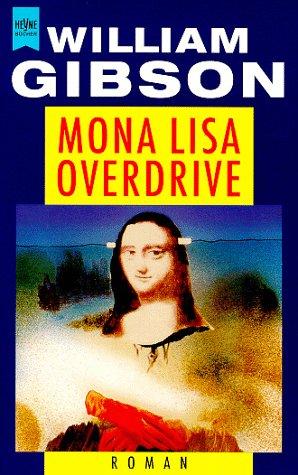AliCorbin reviewed Effective Modern C++ by Scott Meyers (Effective C++ Series, #4)
Review of 'Effective Modern C++' on 'Goodreads'
5 stars
A free pre-release edition, that upgraded itself when I was halfway through it.
In short, a survey of the new features available with the newest revisions of C++, along with suggestions on the best ways to use them. Clear and concise, with each item explained so straightforwardly that it is instantly understandable. But with dashes of humor, to give your brain short respites between the avalanches of facts and logic.
I began by reading the book in the proper order, starting with an explanation of template type deduction. (The same that I'd used in the STL in older versions of C++. And now, after all these years, can finally say that I understand.) From there I continued on into the new features. But after a while I realized that there's no reason to read it in order. Each section can stand alone. True, there are references to other sections, but …
A free pre-release edition, that upgraded itself when I was halfway through it.
In short, a survey of the new features available with the newest revisions of C++, along with suggestions on the best ways to use them. Clear and concise, with each item explained so straightforwardly that it is instantly understandable. But with dashes of humor, to give your brain short respites between the avalanches of facts and logic.
I began by reading the book in the proper order, starting with an explanation of template type deduction. (The same that I'd used in the STL in older versions of C++. And now, after all these years, can finally say that I understand.) From there I continued on into the new features. But after a while I realized that there's no reason to read it in order. Each section can stand alone. True, there are references to other sections, but as often as not they're pointing forward in the text rather than backwards. And, in the ebook at least, they come with handy hyperlinks so you can bounce to the reference and then right back. So I started hopping. Straight to the chapter on lambda functions, to see how they could possibly fit well into an OO language. And by gum, it ended up making perfect sense.
I'd definitely recommend this book to old-fart C++ programmers who want to catch up with the new stuff. It's a keeper, if only to dip into from time to time to refresh that feeling of understanding it all.























